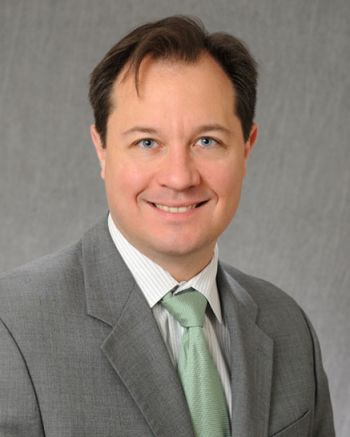
WASHINGTON (Aug. 9, 2016) — George Washington University (GW) researchers published a Health Affairs study finding that the expansion of Medicaid insurance coverage in the Patient Protection and Affordable Care Act (ACA) did not increase hospital emergency department visits, as was widely predicted by policymakers and researchers.
“There was great concern that expanding eligibility for Medicaid insurance would result in higher emergency department use and higher costs, because this occurred in several previous studies. The reason is that people with health insurance use more health care than those without it, therefore insurance expansion and in particular Medicaid expansion, was expected to cause a major surge in emergency department visits. Also, people with Medicaid have higher emergency department use than other populations because they have a harder time getting into see a doctor and emergency departments see everyone 24-7,” said Jesse Pines, M.D., M.B.A., director of the GW Center for Healthcare Innovation and Policy Research, professor of emergency medicine at the GW School of Medicine and Health Sciences, and professor of health policy and management at the Milken Institute School of Public Health at GW. “But when we compared states that expanded Medicaid compared to those who didn’t in hundreds of hospitals across the country, we found no increases in emergency department visit volumes in Medicaid expansion states.”
However, the research found that expansion of Medicaid coverage strongly affected payer mix for emergency department patients. In particular, the 2014 Medicaid expansion increased Medicaid-paid emergency department visits in expansion states by 27 percent, decreased uninsured visits by 31 percent, and decreased privately insured visits by 7 percent compared to non-expansion states.
“Improving the percentage of previously uninsured patients has an important impact on the economics of emergency services – in this case, improving the payer mix with higher percentages of Medicaid patients,” said Randy Pilgrim, M.D., study co-author and the enterprise chief medical officer at Schumacher Clinical Partners, a multi-specialty physician management group whose data, along with two other companies, was used for the study. “Payments for Medicaid visits are higher than for the uninsured. But the long term impact of the ACA on the overall economics of emergency care is still an open question, especially with other provisions that affect reimbursement, including the future effect of new payment models.”
This research will inform future policies looking to expand health insurance.
“With no increase in emergency department visit rates, our research is good news for government programs aimed at expanding health insurance, and in particular Medicaid coverage,” said Pines. “We challenge the conventional wisdom that people go to the emergency department because they do or don’t have health insurance. People use the emergency department when they’re sick or injured. That’s why we stay open.”
“Medicaid Expansion in 2014 Did Not Increase Emergency Department Use, but Did Change Insurance Payer Mix” was published online in Health Affairs.


